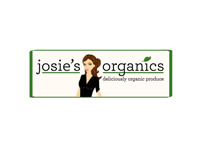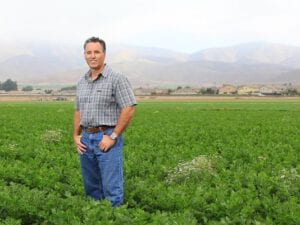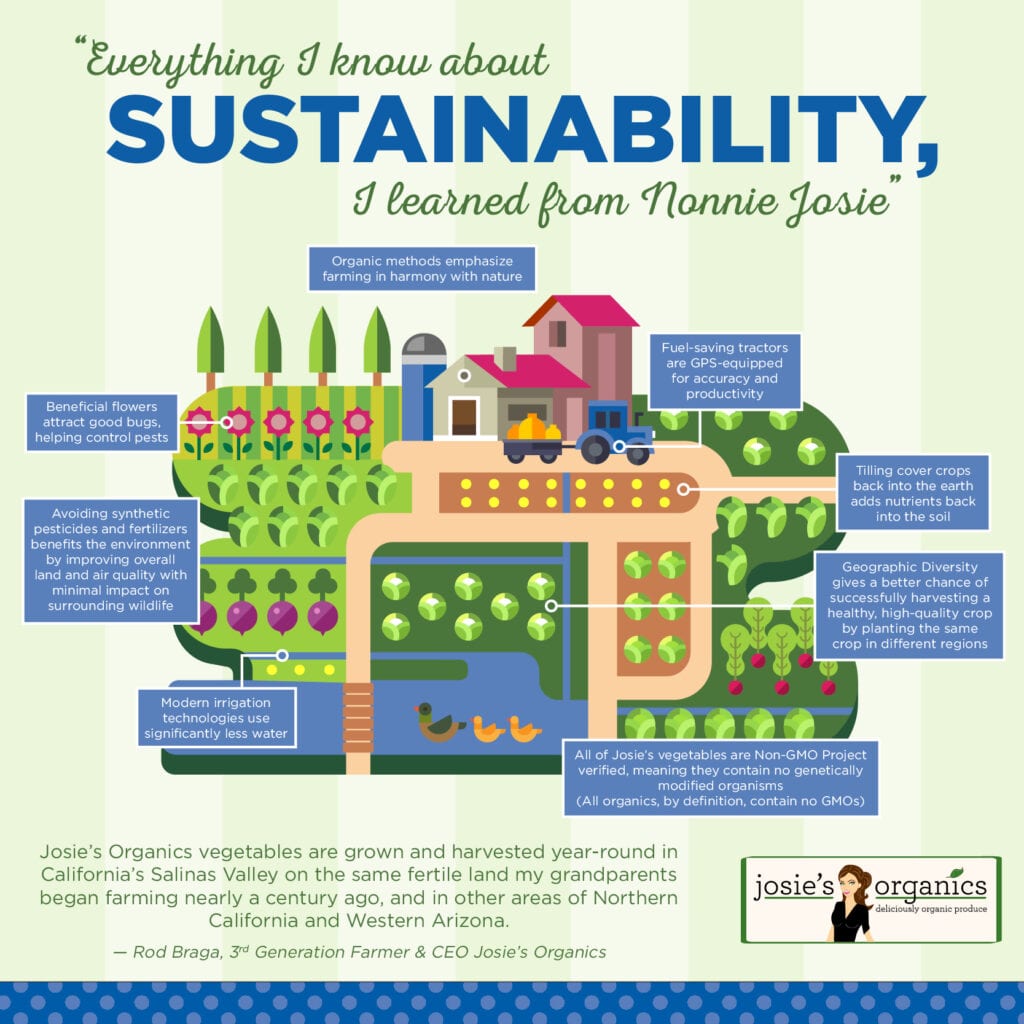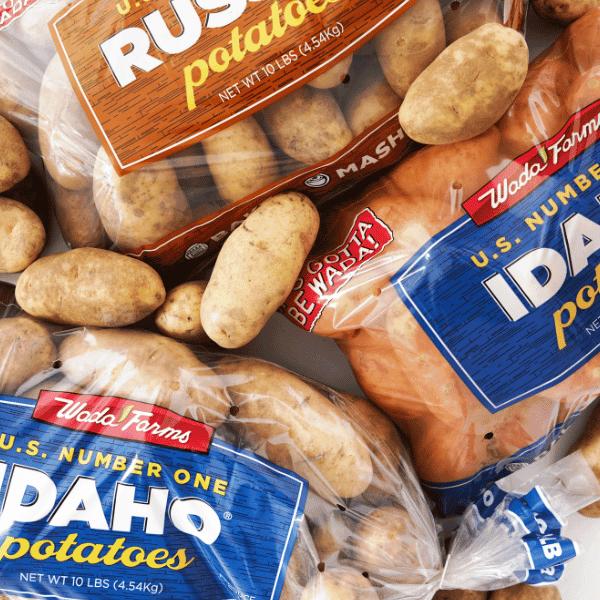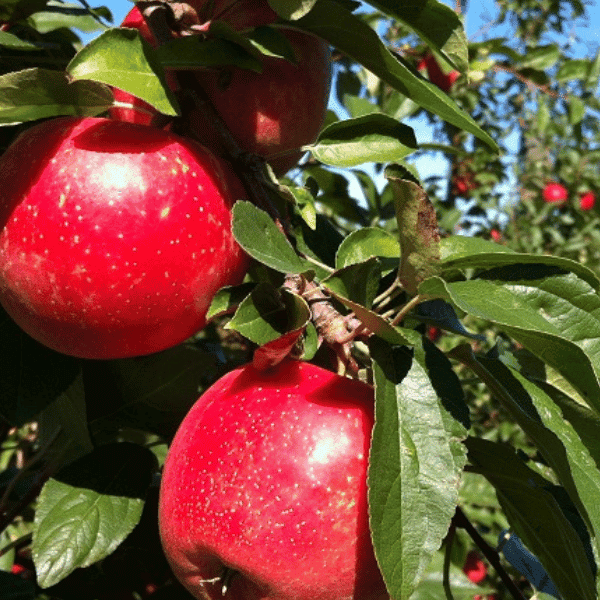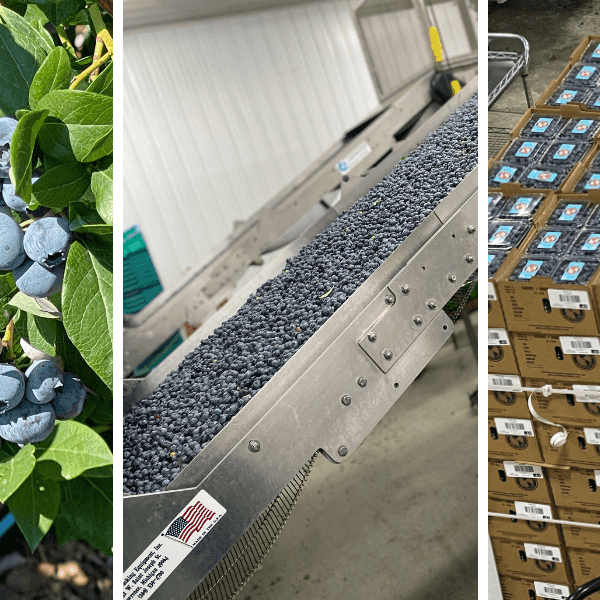Ask the Produce Expert: Sustainable Farming
Jan 20, 2016
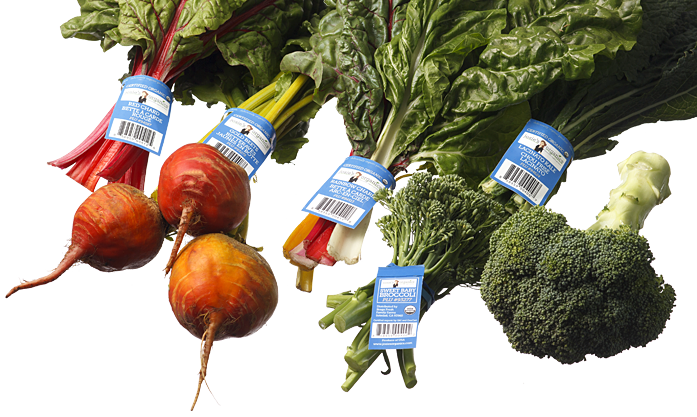
This post may contain affiliate links. Please read our disclosure policy.
Today’s Expert: Josie’s Organics
Welcome to the 12th edition of our featured series, titled “Ask the Produce Expert.” In this series, we feature one of our partner growers, suppliers or commodity boards, and ask them farming industry-related questions that will help us, as consumers, become more educated on the food that we purchase and eat on a daily basis. If you have a question that you want answered by an industry expert – it’s as easy as tweeting at me or posting it on my Facebook page! I am eager to work your questions into this series!
Josie’s Organics is a supplier of premium-quality, deliciously organic fresh vegetables grown by 3rd generation family farmers since 1928. The Braga family farming business began in the same California valley where Josie’s Organics are grown today, by Sebastian and Josie Braga. Josie served only the best seasonal produce to her family, and the company tends to the farm with the same high standards today. They harvest more than 20 varieties of premium, USDA certified organic fresh vegetables, including broccoli, cauliflower, kale, chard, lettuce & more.
To learn more about Josie’s Organics, visit their website or follow them on Facebook, Twitter or Pinterest!
In this edition of Ask the Produce Expert, Rod Braga is our featured expert. Rod will share his knowledge and expertise on sustainable and organic farming practices.
Rod Braga is president and CEO of Braga Fresh Family Farms, grower of Josie’s Organics brand premium-quality organic vegetables inspired by grandmother, Josie Braga. Braga Fresh is part of the vertically integrated Braga family of companies, headquartered in Soledad, California since 1928, and still led today by third-generation family farmers. Braga has more than 15 years of experience in management positions in the produce industry, and serves as a director of the United Vegetable Growers Cooperative. The Bragas farm their home ranch in the Salinas Valley, plus thousands of organic acres throughout California and Arizona.
How long has your family been farming?
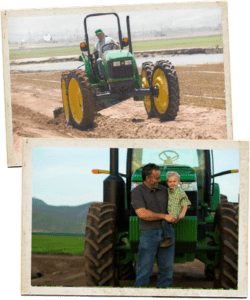
We’ve farmed organically for 20 years, and started the Josie’s Organics brand just a couple years ago in honor of my grandmother’s commitment to feeding her family the freshest, best-tasting vegetables. It’s a privilege to continue our family’s tradition of growing organically and sustainably, and provide fresh, nutritious food to families all over the world, including our own.
Who is Josie of the Josie’s Organics brand?

Everyone, especially moms, are so busy now, yet strive to feed their families healthy and delicious vegetables at every meal. We hope grandma Josie is an inspiration.
Where and what do you grow?
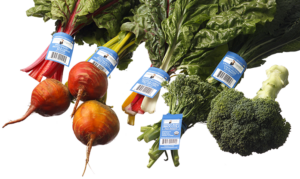
The vegetables we grow include organic broccoli, sweet baby broccoli, cauliflower, celery, romaine and other leaf lettuces, kales and chards, beets, radishes, and herbs.
How is organic farming different than conventional farming?
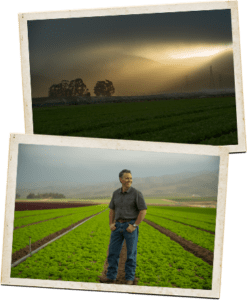
We care for our soil by tilling cover crops back into the earth to add nutrients back into the soil. We also plant beneficial flowers to attract “good bugs” which help control pests in the field. With modern irrigation technologies that use significantly less water to cover the same amount of ground, and fuel-saving tractors that are GPS-equipped for accuracy and productivity, we employ a range of sustainable farming practices that positively impact our environment and produce organically-grown crops.
Geographic diversity is also important in organic farming. It’s imperative to plant a lot of the same crop in different regions so in the event one is lost due to impact from pests—which is more likely in organic farming than in conventional—we are growing the same vegetable elsewhere. This gives us a better chance of successfully harvesting a healthy, high-quality crop, so it’s available to deliver to the grocery stores that rely on us to stock their shelves.
All of our vegetables are Non-GMO Project verified, meaning they contain no genetically modified organisms. All organics, by definition, contain no GMOs.
How can people take organics and sustainability further at home?
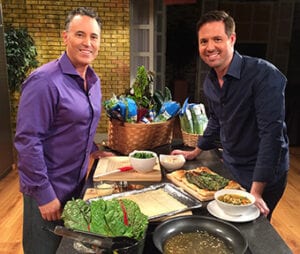
We’ve developed recipes that make use of the whole vegetable, incorporating parts that may otherwise get discarded, like chard stalks and radish leaves. With whole vegetable cooking, not only will the organic produce you purchase go further as a way to extend your family’s food budget and reduce food waste, but even better, your recipes will be enhanced with delicious, new flavors! Our food and lifestyle expert Chadwick Boyd has shared tips on how to go “whole veg” at home.
Well, that concludes the 12th edition of our Ask the Produce Expert series!
A big thank you to Rod Braga for sharing his expertise and insight.
I learned so much… I cannot wait for our next Ask the Produce Expert blog!
#FreshProduce rules – thank you for serving fruits & veggies to your family!!!
xoxo The Produce Mom
Sign up here for our weekly newsletter if you want more fun recipes, cooking tips, and more!
